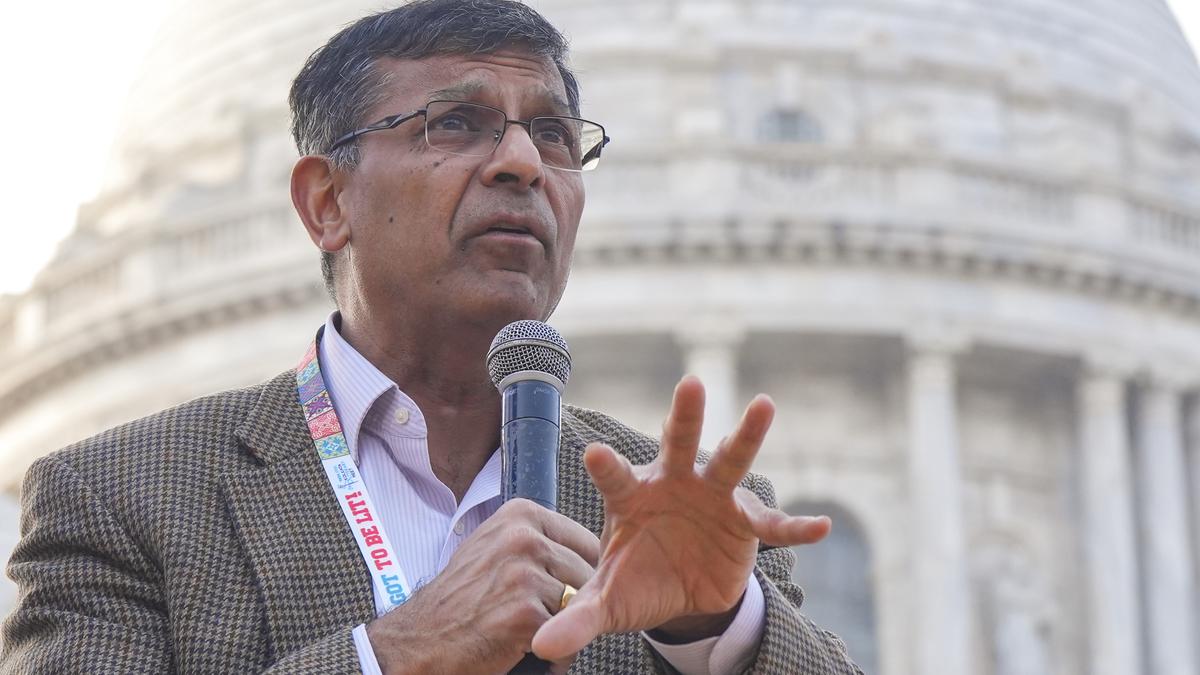
India not reaping benefits of democratic dividend: Raghuram Rajan
The Hindu
Former RBI governor Raghuram Rajan emphasizes the need to improve human capital and job creation in India.
India is not reaping the benefits of democratic dividends, former RBI governor Raghuram Rajan said on April 16, emphasising that there is a need to focus on improving the human capital and enhancing their skill sets.
“I think we are in the midst of it (democratic dividend), but the problem is we are not reaping the benefits,” Mr. Rajan said at a conference on “Making India an Advanced Economy by 2047: What Will it Take” at the George Washington University here.
“That's why I said 6% growth. If you think that's about what we are right now, take away the fluff in the GDP numbers. That 6% is in the midst of a demographic dividend. It is much below where China and Korea were when they reaped their demographic dividend. And that's why I'm saying we are being overly complicit when we say this is great. This is not because we are losing the demographic dividend because we are not giving those guys jobs,” the former RBI governor said.
“And that leads us to the question, how do we create those jobs? The answer to my mind is partly enhancing the capabilities of the people we have, partly changing the nature of the jobs that are available and we need to work on both fronts.
“This idea of apprenticeship, which the Congress has in its manifesto is worth working on. I think there's a lot that needs to be done to make it effective, but we need many more students to at least be capable of doing a good job,” Mr. Rajan said, adding that there also needs to be focus on job creation.
Mr. Rajan was critical of India spending billions of dollars on chip manufacturing. “Think about these chip factories. So many billions going to subsidise chip manufacturing,” he said, adding that a number of job intensive areas like leather are not doing good.
“We are going down in those areas. No wonder we have more of a job problem. The job problem was not created in the last 10 years. It's been growing over the last few decades. But if you neglect the areas which are more intensive, I'm not saying we need to now offer subsidised subsidies to leather examples, but figure out what's going wrong there and try and rectify that,” he said.













